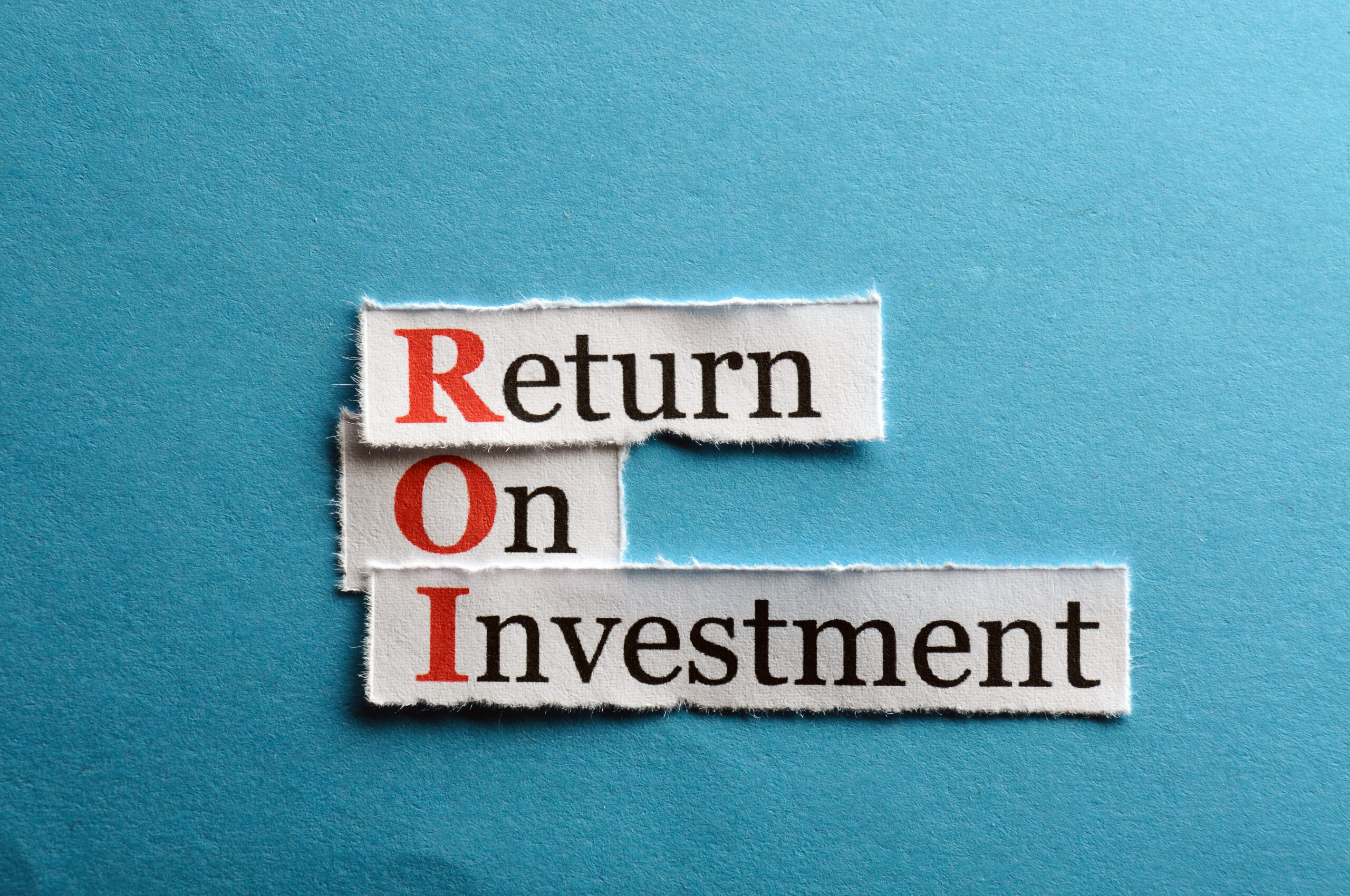Is L&D truly a profession? Experts highlight the need for strategic action to elevate impact
At the Learning Network’s Connect 2024 conference was a panel discussion on what professionalising the Learning and Development (L&D) industry entails. It revolved around several core themes, with panellists offering diverse perspectives based on their experiences. Audience questions and comments were also part of the exploration.
I don’t think I’ve ever met an unprofessional L&D person
Jane Feilden

Panellists:
Kim Ellis (far left) is CEO of L&D Free Spirits and represented the role of the freelance, independent L&D professional.
Cathy Hoy is CEO of CLO100 and brought the perspective of the a body offering accreditation and L&D leadership development.
Jo Cook is Editor of Training Journal and looked at the behaviours and skills needed within L&D.
Paula Hughes (far right) is a Learning Experience Designer at Mind Tools and chaired the debate.
Key themes and insights:
Professionalism: Definitions and perspectives
For self-employed professionals, professionalism is tied to reputation and client relationships. A damaged reputation can directly impact business and therefore the reputation of L&D more generally.
Employed professionals often link professionalism to qualifications and accreditations. There was a conversation about the differences between certifications, qualifications and accreditations.
Certifications were generally thought to be shorter and more topic specific; that qualifications followed an educational framework in their country of origin; and accreditations are from external organisations to vouch for quality.
Some panellists argued that professionalism is less about qualifications and more about behaviours, standards, and accountability.
Standardisation vs. flexibility
There was a call for some level of standardisation in the industry to ensure accountability and consistency. This is especially useful from an individual perspective, when moving between companies that there are standard ways of working. For an organisation this is also important so that there is a consistent standard when outsourcing.
However, the rigidity of formal qualifications can limit adaptability, especially in dynamic or evolving programs. This means that organisations might not be able to respond to changing needs within an industry and therefore limit the applicability of a programme.
Qualifications vs. experience
The debate highlighted that qualifications may signal commitment, but experience and behaviour often carry more weight in practice.
The value of qualifications often depends on the employer’s expectations or organisational culture.
Behaviour and ethics
Professional behaviour—respect, adaptability, and alignment with ethical practices—was underscored as a critical component.
Avoiding outdated practices, such as promoting learning styles, was cited as a marker of professionalism.
L&D can step up to the mark and play an important change agent role
Hugh Billot
Challenges in certification and trust
Self-employed individuals face financial and trust barriers in choosing certifications, questioning their value and credibility.
The proliferation of certifications with dubious value adds complexity for professionals seeking meaningful development.
Community and networking
Building a network of peers and a trusted community was identified as invaluable for ongoing professional growth.
Events and collaborative spaces foster learning and innovation.
Continuous learning and adaptability
A professional must embrace lifelong learning, adapt to emerging science, and be open to evolving practices.
Social media and visibility
Visibility on platforms like LinkedIn was debated. While useful for branding, it’s not necessarily an indicator of professionalism.
Years of experience
Experience doesn’t always equate to mastery. A balance of experience, curiosity, and adaptability is essential.
Suggestions for enhancing professionalism in L&D
- Engage in dialogue and networking to exchange knowledge and stay updated.
- Align with business goals to gain credibility and demonstrate value at a strategic level.
- Invest in practical and flexible certifications that offer real value beyond a badge.
- Focus on foundational knowledge (e.g. how adults learn) and behaviours that drive professionalism.
- Stay current with industry trends, research, and best practices.
Community viewpoint
Prior to the panel talk, the question about professionalising L&D was posed as a LinkedIn discussion and here are some key points.
Jane Feilden comments that she’d, “always considered it a profession and that we work with our clients accordingly. I don’t think I’ve ever met an unprofessional L&D person. Many that have inspired me, challenged me and supported me, but always professionally and with respect and integrity.”
Thinking similarly about behaviour is Andy Candler: “An interesting question and not something I was aware was a problem. I have always worked in-agency and therefore the default setting was: professional at all times. However now I am in the fractional/freelance space I can appreciate that there could be room for improvement.”
Promoting lifelong learning at every opportunity
Liggy Webb
Christina Tueje broadens the conversation to other industries: “This is a great question and it raises lots of food for thought. From what I am seeing in other professional disciplines that are exploring similar challenges, accreditation frameworks and an impactful focus on diversity and inclusion appear to be the markers of progressive or forward-thinking professions.”
Focusing internally on organisations, Liggy Webb says: “Promoting lifelong learning at every opportunity and actively encouraging people to continue learning and developing throughout their careers. From what I observe within some of the organisations I work with there needs to be more focus on self-directed learning.”
Hugh Billot had an extensive answer and points out that:
“Employee productivity in the UK has been in long-term decline. All decision makers must share the blame – CEOs, HRDs, L&Ds, line managers, and employees. L&D can step up to the mark and play an important change agent role. How?
· Become integral to ‘hire, train, deploy’ recruitment approaches
· Use workforce plans to drive training
· Lock in with managers on continuous improvement programmes
· Promote employee motivation by lifetime learning
· Be a beacon of light in the organisation”
Continuous improvement for the people profession
The LinkedIn comments highlight that professionalism in L&D is often viewed as a given, characterised by respect, integrity, and continuous improvement. However, contributors also underscore the need for L&D to step up as a strategic change agent by embracing lifelong learning, driving employee engagement through structured recognition, and adopting frameworks that integrate diversity, inclusion, and measurable outcomes.
Professionalism in L&D is multifaceted, encompassing qualifications, behaviours, experience, and adaptability. The panel concluded that fostering closer connections with business goals and maintaining openness to change are vital for elevating professionalism in the field.
Jo Cook is Editor of Training Journal and virtual classroom specialist at her company Lightbulb Moment
ChatGPT was used to help summarise a transcript for this article




